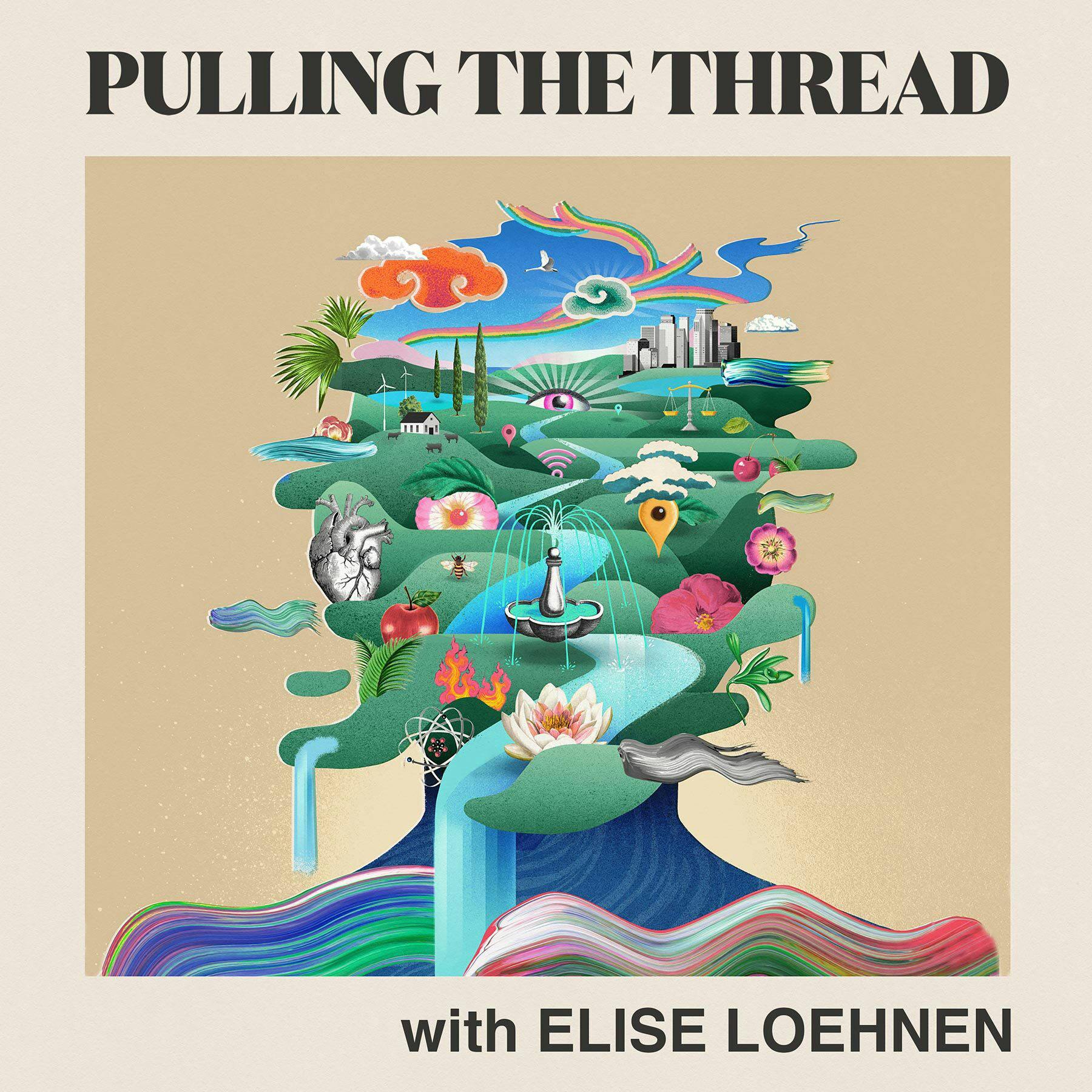Finding the Mother Tree (Suzanne Simard)
Description
“As scientists, we often look at one thing and we say, oh, that's the one thing it's competing for light. And then, and that's true. That's what people did. You know, the science, the experiments were simple, um, looking at one resource and not at the whole ecosystem. And so you miss all, you miss all these other ways that they're interacting. And if you, if we could look at the whole thing all at once, we would make completely different decisions about how to manage that ecosystem. But because people were so focused that Birch is competing for light and not just Birch, but Aspen and all kinds of like red Alder, all kinds of other species. And that led to the wholesale herbicide of these native plant communities to get rid of these so-called competitors. And if we'd just known ahead that they were also collaborating at the same time, any thinking person would never have gone in and poisoned these other plants. Because they create balance in the ecosystem,” so says Suzanne Simard, professor of forest ecology at the University of British Columbia, pioneering researcher into plant communication and intelligence, and best selling author of, Finding the Mother Tree: Discovering the Wisdom of the Forest. Born and raised in logging country, Suzanne and her holistic views of forest ecosystems were not welcomed into the male-dominated forestry industry. Pushed into academia, she has dedicated her career to investigating the complex relationships between trees. She is best known for her work on the communal lives of trees, exploring the ways in which trees use below-ground fungal networks to communicate, compete, and cooperate—exhibiting sophisticated social traits characteristic of a civil society not too different from our own. At the center of it all, she tells us, are the Mother Trees—immense, highly connected beings that play a vital role in intertwining and sustaining those around them.
Our conversation dives into these enthralling, mysterious relationships, and the practical application of Professor Simard’s work on forest resiliency and adaptability, including how to manage and heal forests from human impact. We must value our ecosystems for more than what we exploit them for, she tells us, and by restoring biodiversity and respecting nature’s brilliance, we can reconnect to the intelligence of the natural world, and hopefully uncover a better way forward in the process.
EPISODE HIGHLIGHTS:
Communities seeking balance…
The development of a forest…
Exploring the right relationship with nature…
MORE FROM SUZANNE SIMARD:
Finding the Mother Tree: Discovering the Wisdom of the Forest
Suzanne's Website
How Trees Talk to One Another: Suzanne Simard's TEDTalk
Follow Suzanne on Instagram and Twitter
Learn more about your ad choices. Visit podcastchoices.com/adchoices
More Episodes
Rightful Instagram celebrity Sharon McMahon is known as “America’s Government Teacher.” Her new book, The Small and the Mighty, was an instant #1 New York Times bestseller. With her trademark warmth and wit, McMahon shares a few historical secrets, her approach to judging people from the past,...
Published 10/31/24
Published 10/31/24
In this solo episode, I share some things that are on my mind right now, including: An experience I had revisiting my 22-year-old self. A powerful takeaway from a workshop on wanting and desire. And how I’m thinking about personal stories, memoir, and bridges to bigger collective stories. I also...
Published 10/28/24


